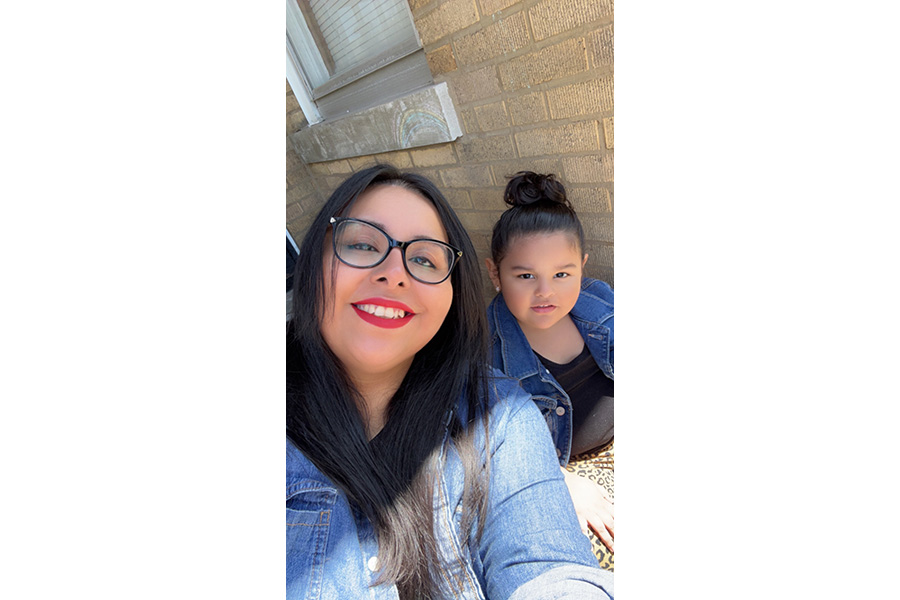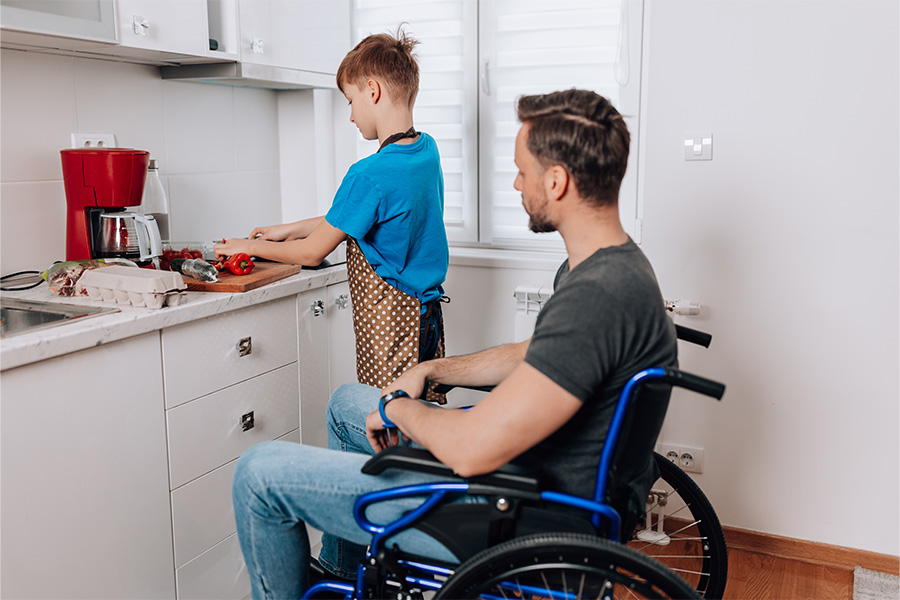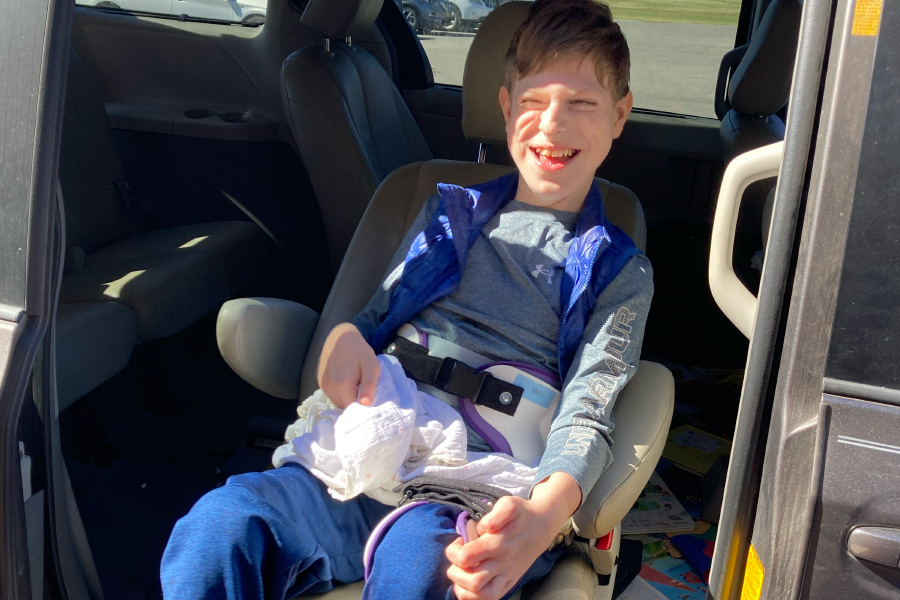As a parent, we’re often troubleshooting challenges as they happen. So when you suspect your child may have a learning disability, it can be overwhelming to know where to start and how to obtain the resources to best support your child. To help streamline your next steps, we spoke with Dr. Liz Matheis, a licensed Clinical Psychologist and certified School Psychologist who specializes in assisting children and their families with Autism, ADHD, Anxiety and learning/behavioral disorders. Check out her interview below:
What are some of the common learning disabilities that you see amongst the tween and teen age groups?
Often, learning disabilities can go unnoticed in children who are shy or anxious or withdrawn. For tweens and teens, I’m finding learning disabilities in math, reading, reading comprehension, and written expression. The learning disabilities are also comorbid with ADHD and anxiety, which can distract a learning disability diagnosis.
What are the steps that parents should take if they think their child may have a learning disability?
I encourage parents to gain feedback about their child’s progress based on baseline and mid-year assessments completed by the public school. By the middle of kindergarten, parents can have a good idea of how their child is progressing in terms of academics, behavioral and social progress, and where he/she is in comparison to same aged peers.
If the child is struggling in reading, writing, spelling or math, parents can request Basic Skills Instruction. I believe that after 3 months of consistent instruction, the parent will be able to tell if the child is making progress. Basic Skill Instruction provides repetition of lesson as the idea is that the child may need the skill presented several times again in order for it to become learned.
If the child is not making progress, I encourage parents to reach out to the Guidance Counselor and request an I&RS plan (Intervention and Referral Services Plan). Strategies are documented and the time line is 4-8 weeks. I recommend that parents schedule a follow up meeting in 6 weeks to assess the efficacy of the plan. If a child has a learning disability, the progress will be limited, thus indicating the next level, which is…
A Child Study Team referral. The Child Study Team is composed of a School Psychologist, Learning Specialist and Social worker. They can provide a psychological, educational and social assessment. The main thing they are looking for is a 23 point discrepancy between the full scale IQ and an index score. The process takes 90 days after the Child Study Team agrees to test.
Parents can also pursue a private psycho-educational evaluation, which can be completed by a licensed Clinical Psychologist. My evaluations are composed of a psychological evaluation, educational evaluation, executive functioning evaluation as well as anxiety and ADHD evaluation in order to gain a learning profile. As well as a comprehensive look at a student emotionally, socially and academically.
A learning disability is only one piece of the bigger picture. Children who are struggling academically also tend to become anxious and have a poor sense of self. By providing an understanding of how a student best takes in information, processes it and learns, this can be validating as well as informative for the child, parents and teacher(s).
How can a parent support their child through this and provide them the tools to be self-sufficient later in life?
By having an understanding of strengths, weaknesses and learning style, parents can begin to use language to help their child study in a way that makes sense. For example, for some children, studying through the use of notecards is painful. They don’t work. This might be the type of child that needs to use something more electronically based, like Quizlet, or watching videos, printing pictures of concepts and writing important dates and facts on the picture. This type of a student is a visual spatial learner, for example, and will need multi-sensory instruction as well as multi-sensory studying strategies.
Electronic calendars, white boards, audible books, and alarms are just a few types of strategies to use with your child. It’s about understanding where strengths are and using them to compensate for areas of weakness.
Are there any other resources or recommendations you can provide?
I add resources, such as books, apps, websites and blogs regularly on my website.
The best source of information for a parent is to ask their child about what their preferences are when it comes to reading or studying. For example, do you prefer to hear it out loud or read to yourself? Do you prefer to write on notecards or watch a video on the concept? Our children may not know their learning style up front but with these types of questions, it will help both parent and child to understand their innate preferences when it comes to studying.
Let me share a story with you that speaks to our inherent protective tendencies and why we should tune into them. Before I was diagnosed with Celiacs, I naturally preferred vegetables and foods like Pad Thai which were made with rice noodles. I had no idea what gluten was but I knew which foods didn’t hurt my stomach. After the diagnosis, I realized that my body was trying to protect itself. Students will know the same once we can help them tune into their natural preferences and ways of completing homework and studying that feel natural or comfortable.














